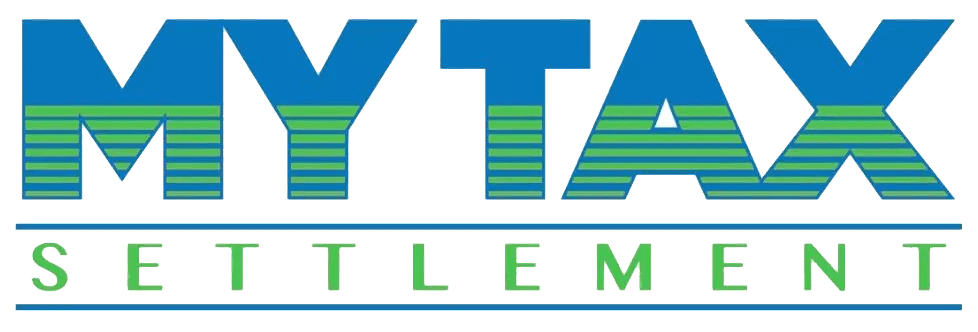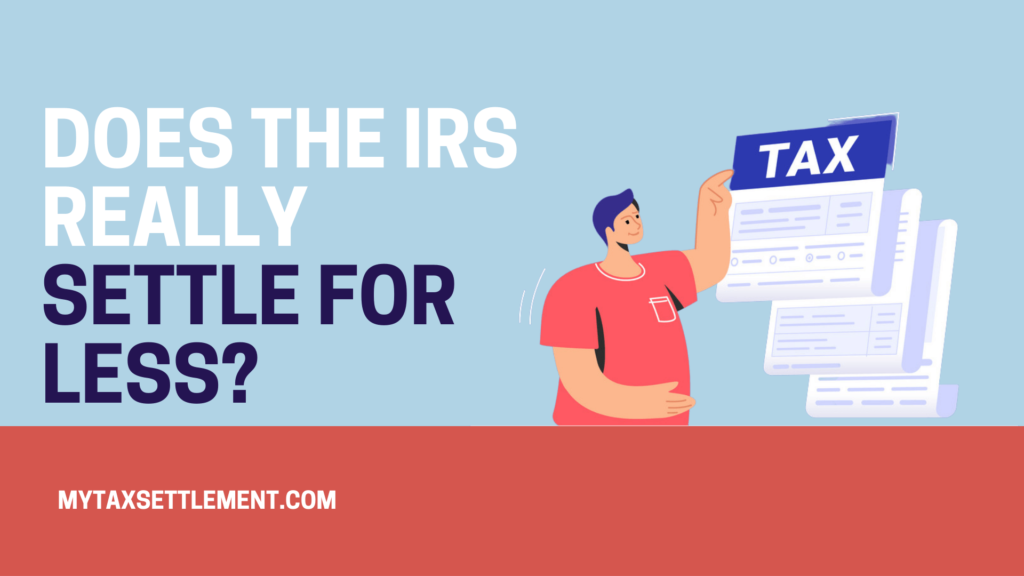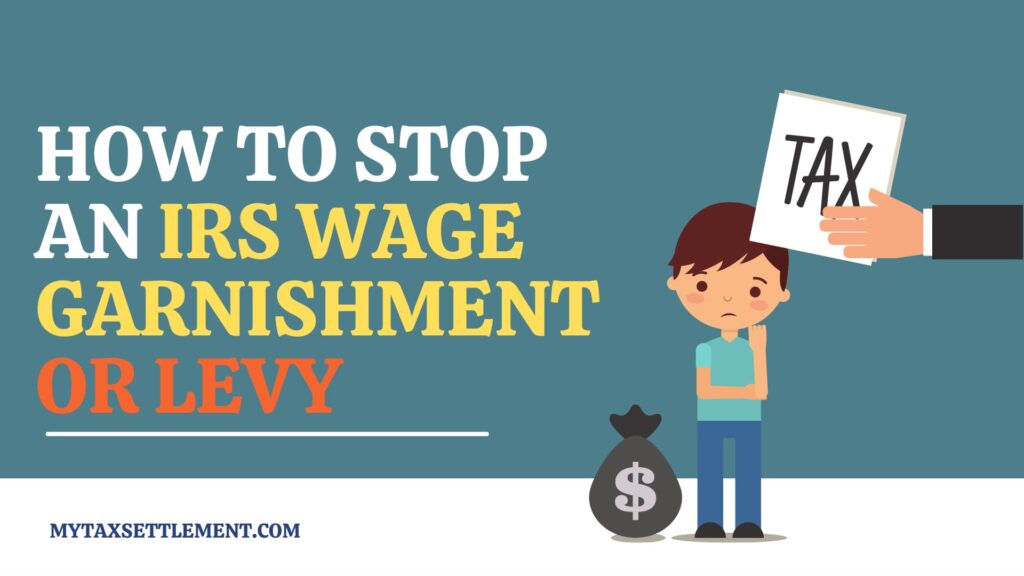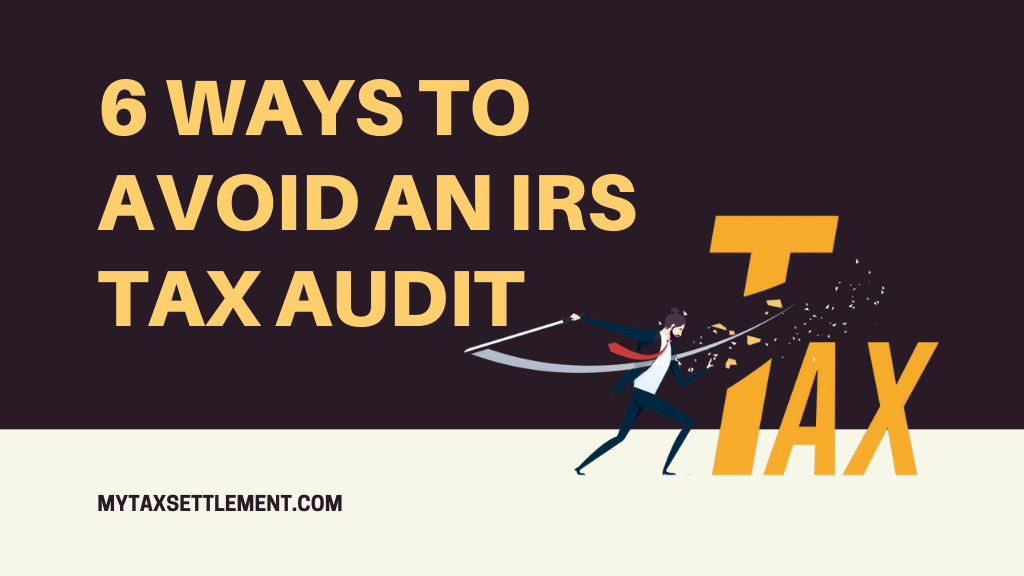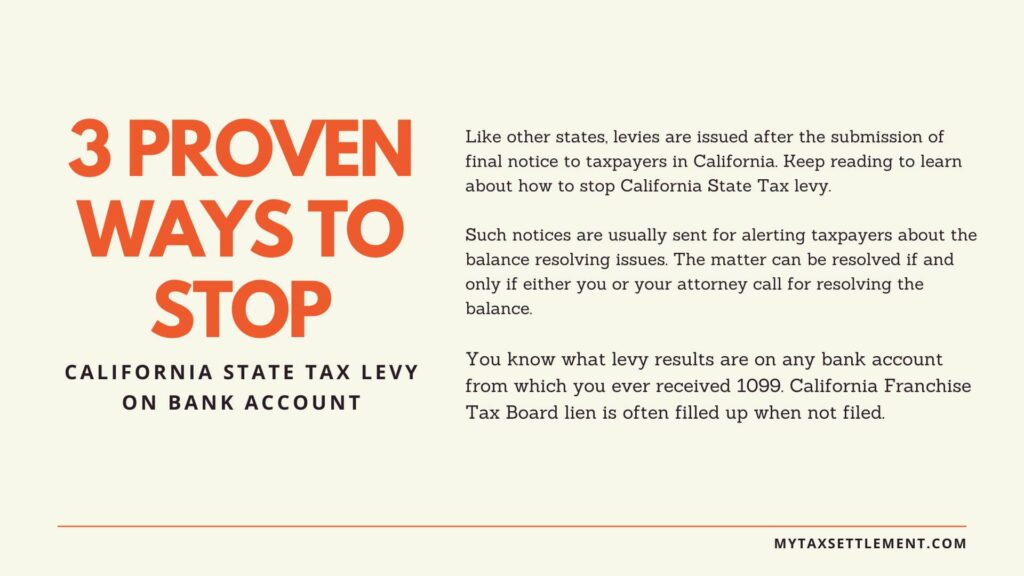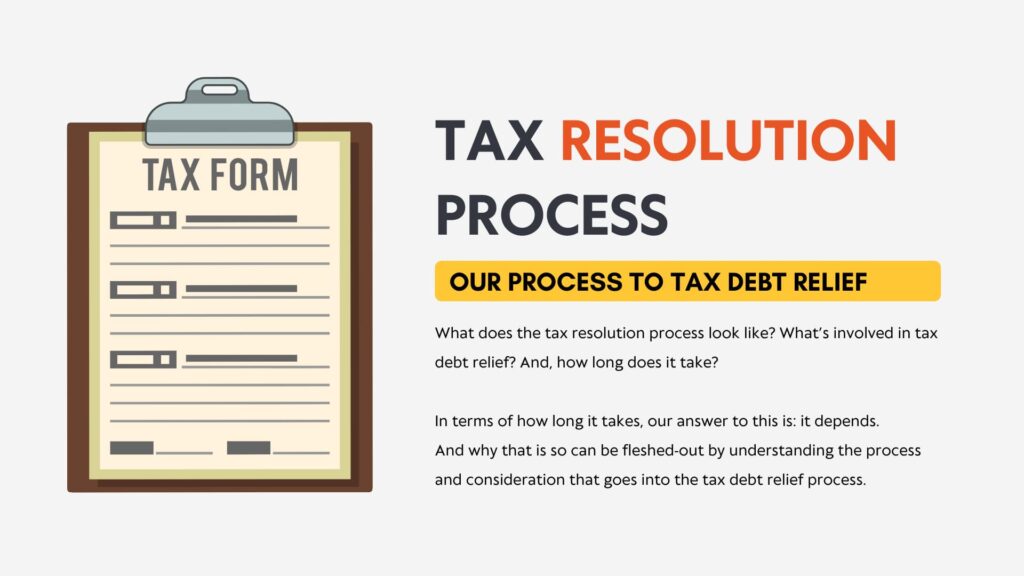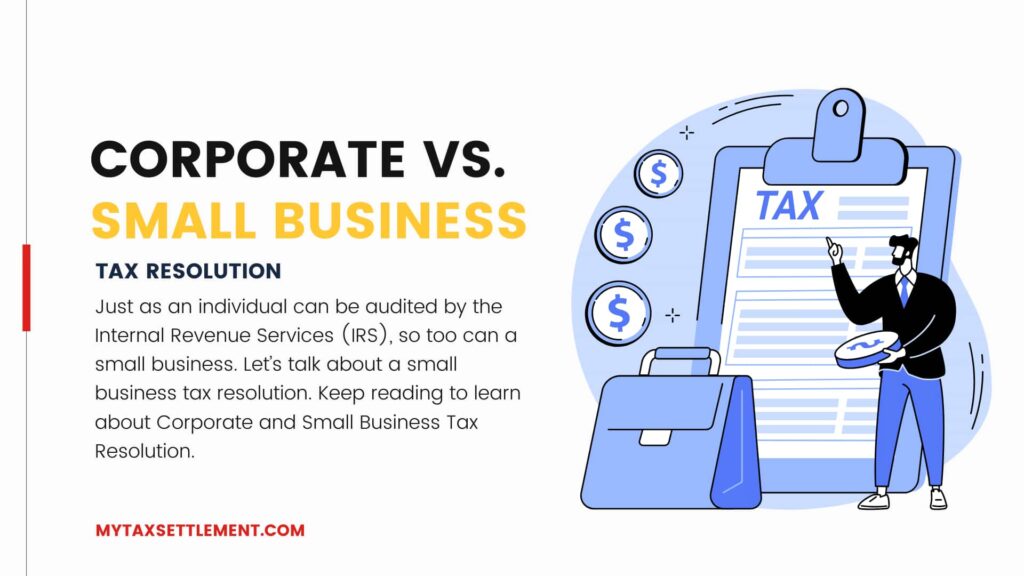What is the IRS Fresh Tax Settlement?
There is a huge number of taxpayers who owe a large sum of money to the IRS in the form of taxes. The amount they owe becomes continuously more with the addition of interest and tax penalties. The main source of tax-paying is through a steady job and this becomes quite hard to find when a person does not have a good tax credit.
The situation becomes quite critical for some people. Even those taxpayers are greatly affected by it who genuinely want to pay taxes. To help fight this, the government announced the IRS Fresh Start Tax Settlement Plan in 2011.

IRS Fresh Tax Settlement Service
If you are burdened with tax debt, the IRS Fresh Start tax settlement offers two different tax debt settlement solutions to help you get rid of tax debt and penalties. These include:
1. Offer in Compromise (OIC)
Taxpayers who can’t pay their tax debt in full might qualify for the Offer in Compromise. This may allow you to reduce your overall tax liability. Many taxpayers may also qualify for tax debt settlement solutions, but negotiating for an OIC can be very tricky. We can guide you to make a compelling case, making it more probable to attain the help you need to get back on track.
2. Installment Agreement
This solution allows taxpayers to pay their tax debt using monthly payment plans over a longer period. This agreement helps to make it easy for those taxpayers who can’t pay their tax debt all at once. This option can help you pay tax debt gradually without any penalties or tax levy.
Fresh Start Tax Settlement Plans
This plan helps the taxpayers who owe an amount of 50,000 USD or less in the form of tax, including the penalties. You can choose one of the three payment options to get their fresh start tax settlement.
1. First Payment Option
The first option is through an extended installment agreement method. In this method, the taxpayer is given six years to pay off their owed taxes. If the taxpayer can successfully pay off their tax during this time, they can successfully avoid the interest and tax panelists. During these six years, the IRS is also instructed to abstain from any action against your assets.
2. Second Payment Option
The second option which is quite rare is payment through Offer in Compromise or OIC. The OIC helps the taxpayer to pay a smaller amount than they owe. This amount can help save a lot in some cases. But, the proposed amount by the taxpayer should reflect their financial background because it can also be rejected by the IRS in case they see that you do not appear to be as low on your financial status.
3.Third Payment Option
The last option is through a tax lien withdrawal feature. This is only valid for the taxpayers who can pay the sum of the tax they owe through direct debit. Once you are accepted by the IRS for this plan, you can write an application to the IRS requesting the withdrawal of lien from your assets.
What is the minimum payment the IRS will accept?
In case you owe less than $10,000 to the IRS, your agreement plan will generally be automatically approved as a guaranteed installment agreement. As long as you pledge to pay off your balance within 3 years, there is no specific minimum payment required.
Do you Need to pay IRS Tax Installment Agreement during COVID-19 pandemic?
Well, if you cannot comply with the terms of an Installment payment agreement, you may suspend your payment during this period. It includes Direct Installment Agreement as well. Along with that, the IRS will not fault any Installment Agreement during this period.
How much does it cost to set up a Federal Installment Agreement?
Taxpayers are just charged a one-time fee to set-up an installment agreement with the IRS. If you are a qualified taxpayer, you may enjoy a reduced fee for qualifying taxpayers. Generally, user fees are $52 for direct debit agreement, $45 for reinstatements, and $105 for non-direct debit agreement. That is how the Federal Installment Agreement works.
Looking for the best IRS Fresh Tax Settlement Service in San Diego, California?
My tax Settlement team has been helping people to take advantage of the full scope of the IRS Fresh start program for years. Our professionals are fully familiar with the program details. We can help you with a number of ways to get the best Fresh IRS repayment plan.
Get Tax Help Now!
Call at 619-318-8564 or Contact Us Online Today!
GET A CALL BACK
Explore Our Blog
How Much Should I Offer in Compromise to the IRS?
If you cannot pay your tax debt, you can try to settle with the IRS for less than what you owe. If successful, a partial payment arrangement or offer in compromise may be an option. An offer in compromise is a settlement agreement between a taxpayer and the IRS that allows taxpayers with financial hardship to resolve their tax debts for less than the full amount owed. The Offer In Compromise program becomes an option when other collection efforts have proven unsuccessful and allow you to settle your tax debt for less than what you owe. Here are some questions and answers about OICs…
How Much Will the IRS Usually Settle for? A Closer Look at Offers in Compromise
How Much Will the IRS Usually Settle for? Each year, the Internal Revenue Service (IRS) approves countless Offers in Compromise with taxpayers regarding their past-due tax payments. Basically, the IRS decreases the tax obligation debt owed by a taxpayer in exchange for a lump-sum settlement. The average Offer in Compromise the IRS approved in 2020 was $16,176. How do we get to that amount? In 2020, the IRS accepted 17,890 Offers in Compromise with a total worth of $289.4 million (resource). Divide $289.4 million by 17,890, and – presto! – you get an average deal in compromise of $16,176. Naturally, that number is meaningless…
What is the IRS Tax Obligation Forgiveness Program?
Benjamin Franklin once wrote, “Our new Constitution is now established, and has an appearance that promises permanency; but in this world, nothing can be said to be certain, except death and taxes.” And sometimes death is preferable – ok, we added that part. In this article, we answer the question “What is an IRS Tax Obligation Forgiveness Program?” – Does such a program exist? And what do you do to benefit from it? In some cases, there is no way out of either one – death or taxes. But, if you find yourself on the wrong side of the IRS, however, you might be in luck: you qualify for the IRS tax forgiveness program. This program falls under the Deal in Concession part of the United States Tax Code…
Does the IRS Really Settle for Less?
You have actually most likely seen the commercials on television: A pitchman claims that you can resolve your tax expense for “pennies on the dollar.” All you need to do is work with the law firm in the business and also they will certainly use their special negotiating skills as well as inside knowledge to get you off the hook with the Internal Revenue Service (IRS). Is this true? Does the IRS Really Settle for Less? In the real world, however, it’s not so very easy to get the IRS to work out a tax financial obligation for pennies on the dollar. It does take place…
How to Stop an IRS Wage Garnishment or Levy
When you have tax debt, it’s possible that the IRS can garnish part of your income in what is referred to as a “continuous levy.” If you fail to reply to their request for repayment, the IRS will notify your employer, and a large portion of your income will automatically be charged toward your tax debt balance. They can take a quarter or more of your monthly income, which can imply hefty financial strain. The good news is, there are several choices for just how to quit IRS wage garnishment. Decide which alternative is best for you so you can stop IRS wage garnishment as well as reduce the worry associated with the financial burden.
6 Sure-fire Ways to Avoid an IRS Tax Audit
The IRS could be identified as one of the most powerful organizations in the United States. The IRS is exclusively responsible for collecting government taxes, applying federal tax regulations, and imposing penalties for late, incorrect, or deceptive filings. As a result, the IRS poses one of the largest economic dangers to many, many people and business owners. For this reason, knowing how to avoid an IRS tax audit can be highly instrumental. To sum it up, the IRS has distinct informative sources, legal standing, and a role as a law enforcement agency. In addition to that, the IRS additionally acts as a legislative-originating authority with a huge quantity of liberty…
3 Proven Ways to Stop California State Tax Levy on Bank Account
Like other states, levies are issued after the submission of final notice to taxpayers in California. Keep reading to learn about how to stop California State Tax levy. Such notices are usually sent for alerting taxpayers about the balance resolving issues. The matter can be resolved if and only if either you or your attorney call for resolving the balance. You know what levy results are on any bank account from which you ever received 1099. California Franchise Tax Board lien is often filled up when not filed. The higher authority California FTB can collect tax through the bank levy according to the California Revenue and Taxation Code Sections 18670 and 18817.
Tax Resolution Process: Our Process to Tax Debt Relief
What does the tax resolution process look like? What’s involved in tax debt relief? And, how long does it take? In terms of how long it takes, our answer to this is: it depends. And why that is so can be fleshed out by understanding the process and consideration that goes into the tax debt relief process. In this post, we lay out the process involved in tax resolution into 3 main phases: determination, emendation, and resolution. Step 1: Determination – The determination phase of the process is our first contact with clients, and it involves a lot of research on our part.
Corporate vs. Small Business Tax Resolution
You have actually most likely seen the commercials on television: A pitchman claims that you can resolve your tax expense for “pennies on the dollar.” All you need to do is work with the law firm in the business and also they will certainly use their special negotiating skills as well as inside knowledge to get you off the hook with the Internal Revenue Service (IRS). Is this true? Does the IRS Really Settle for Less? In the real world, however, it’s not so easy to get the IRS to work out a tax financial obligation for pennies on the dollar…
